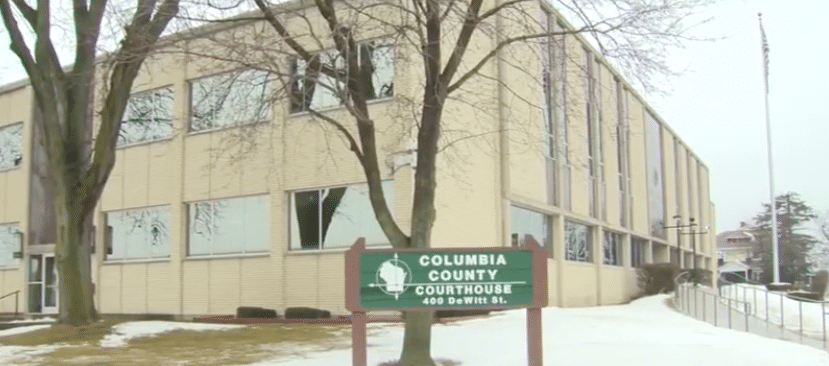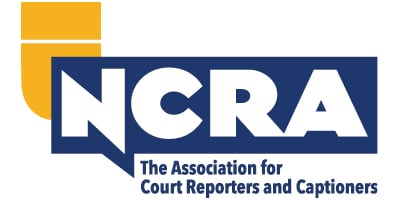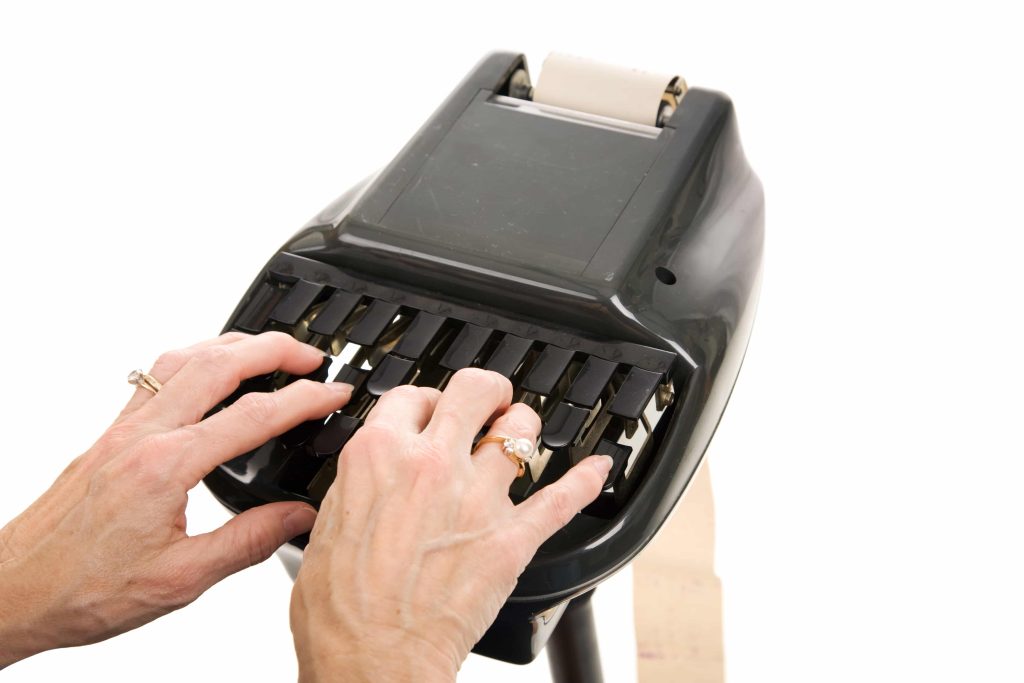Addressing the Court Reporter Shortage

One thing that CourtScribes has mentioned over and over again is that there is a serious court reporter shortage. This has not changed. As a matter of fact, it has probably gotten worse. So that being said, there is definitely is still a shortage of stenographic court reporters in the United States. Yes, there have […]
Texas is Another State Hit With Court Reporter Shortages

As you know from reading the blogs on this site, the country is rapidly running low on court reporters. You can now add Texas to the list of states that is really beginning to feel the crunch, On Dec. 31, Judge Chris Day, of the 2nd Judicial District Court, in Cherokee County, Texas, sent a formal […]
Wisconsin Courthouses Receive New Recording Systems Due to Shortage of Court Reporters

Columbia County, Wisconsin is on the shortlist to receive updated and new audio and video recording equipment for their courtrooms. This to fill in gaps as a statewide shortage of court reporters shows no signs of slowing. Circuit Court Judge Andrew Voigt said the state is working to place new video and audio recording systems […]
Invisibility Leads to Court Reporter Shortages

If you read the blogs at CourtScribes, then you know we have pointed out how many court reporters have recently retired and new court reporters are sorely needed. The National Court Reporters Association estimates a shortage of 5,000 court reporters throughout the United States. “There will be a crisis point in about a decade if […]
New York State Dealing With Court Stenographer Shortages

News out of Albany, New York shows that across the country officials are looking to recruit young professionals to be court stenographers. This effort comes as big changes are being made to the justice system in New York state. We in the stenographer community tip our hat to New York as they are dealing with […]
Stenographer Shortages Hit Illinois Too

Courtscribes.com has written before about the shortages that have hit the court reporting industry. Well, that trend continues as now the state of Illinois is waving the red flag. Nicole Kopec, who is the court reporting supervisor in the Eighth Judicial Circuit of Illinois, knows that court reporters in the West-Central Illinois area are […]
Is There a Shortage of Qualified Stenographers

There seems to be a little issue happening in our courts. Court reporters are seeing a stenographer shortage coming in the very near future. So that does beg the question, is there a shortage of qualified Stenographers? We here at Courtscribes.com are here to find out. ‘People think this is an archaic profession. … it’s […]
